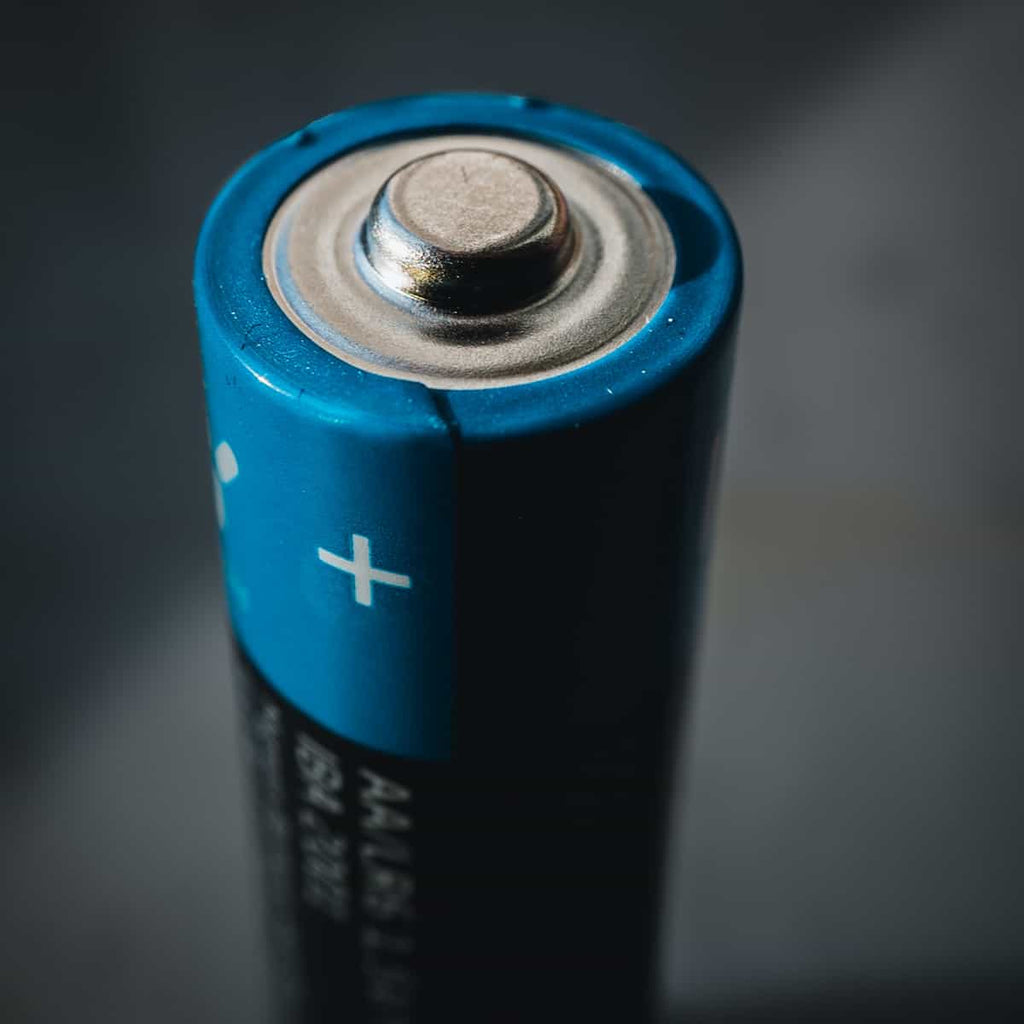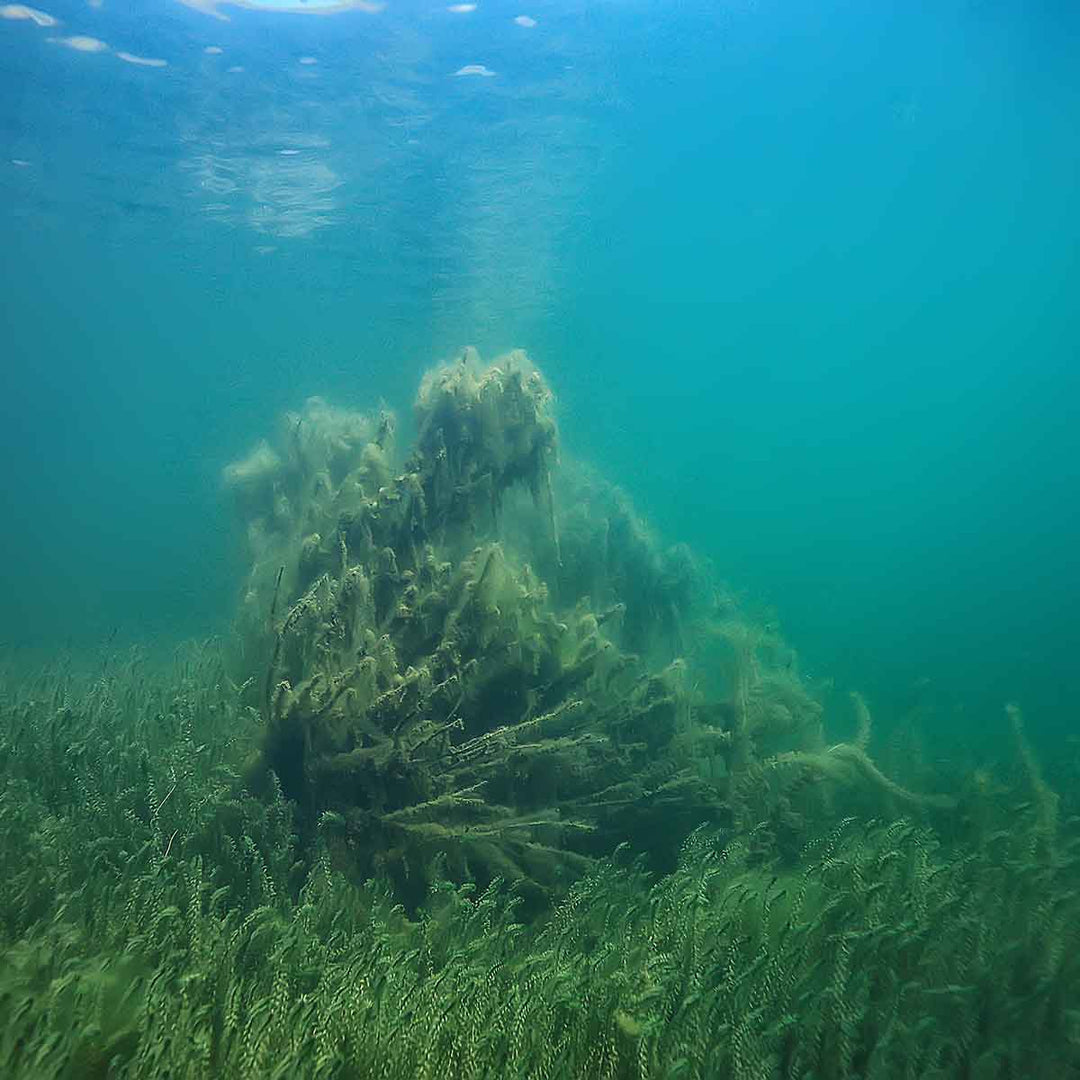What is the Recycling Process?
Recycling is the name given to all of the processes involving the inclusion of reusable wastes into the production process through a number of applications. In this process, used wastes are transformed into raw materials through chemical and physical processes. The waste converted into raw material is reintroduced into production through the recycling process. In this way, unnecessary use of resources is prevented and the amount of waste garbage is reduced. When various substances that can be reused are recycled, they contribute greatly to the economy of countries.
What is Waste Battery Recycling?

Waste battery recycling is very useful in many respects; it is a process that must be carried out. It enables the substances in batteries to be recycled back into production through various methods. Recycled batteries positively affect nature, human health and the economy. According to data, in 2019, 730 tons of waste batteries were recycled in Turkey alone, contributing to both the economy and the environment. Although this figure may seem satisfactory at first glance, if all people act consciously and support waste battery recycling, it will help to achieve even more successful results in the coming period. You can contribute to recycling by paying attention to what needs to be done to prevent battery waste from harming the environment and by acting consciously. First of all, you should separate the batteries you use from other garbage. It is not recommended to throw the separated batteries directly into the recycling bin. If the outer coating of the batteries thrown into the box in this way is damaged, the substances and heavy metals in these products will prevent other waste from being recycled in a healthy way. For a useful and efficient recycling, you should store your waste batteries in a separate box. Properly storing the used batteries you collect for recycling allows you to make a significant contribution to this process. You may be wondering about the recycling process of batteries that make life easier but must be separated from other wastes after use. Before learning how this process is carried out, you can more easily grasp the importance of this issue by learning about waste batteries and their hazards.
Why Recycle Batteries?

Although batteries do not cause any harm in daily use, there is a danger when they are disposed of in the garbage mixed with other waste. This is because waste batteries that are not disposed of properly have a high probability of puncturing the outer casing. Puncturing the outer container of the batteries causes the metal and chemical substances inside the battery to enter the nature. In this way, the damages of waste batteries that mix with water and soil negatively affect the environment and thus our lives. Disruption of the natural balance ranks first among the damages caused to the environment by waste batteries that affect water and soil. Living creatures living in soil and water contaminated with harmful substances are affected by this situation. Heavy metals such as cadmium and mercury in batteries also threaten human health by mixing with food sources. In order not to contribute to the occurrence of such a situation, the recycling of waste batteries should be given due attention. There are three main purposes for recycling portable waste batteries. The first of these is to prevent heavy metals from mixing into natural resources. The second is to protect the receiving environment from harmful emissions that may be caused by waste batteries. These two objectives are of great importance in preventing the deterioration of the natural balance. The third objective of recycling used batteries is to bring the precious metals contained in the waste into the economy. Proper disposal and recycling of batteries has positive impacts on the economy, environment and health. As a result of the recycling process, substances such as zinc, manganese compounds, ferronickel, nickel, ferromanganese, cadmium, silver, lithium and cobalt are obtained. So, how are waste batteries recycled?
What are the Methods Used in Battery Recycling?
Waste battery recycling is done by applying different methods. One of the main reasons for this difference is the inadequacy of waste battery recycling sites in countries. In many countries, waste batteries are still stored under or above ground in a controlled manner. However, the most appropriate method is the disposal and recycling of batteries. The recycling process of used batteries is carried out by classification according to chemical structure. The classification procedure ensures that the collected waste batteries are recycled in the most accurate and healthy way. At this point, you may wonder what battery waste is. Batteries used today contain zinc, manganese, nickel, iron, cobalt, copper, lithium and aluminum. In order to protect against the damage of various chemical solutions and semi-heavy metals in batteries, it is of great importance to carry out a recycling process suitable for the content. Burning used batteries, which do not burn well due to their structure, is not a recycling method because it does not provide sufficient shrinkage. Recycling methods that remain valid in the world are chemical, physical, mechanical and thermal applications. Thermal applications have much higher recycling efficiency compared to other methods.
What are the Steps Taken for Battery Recycling in Turkey?
In Turkey, just like in other countries, there is a very strict work on waste battery recycling. In 2009, a project titled "Development of Waste Battery Disposal and Recovery Technologies" was initiated by TÜBİTAK Chemistry Institute. The project aimed to recycle waste zinc - carbon and alkaline - manganese batteries by various physical methods. The facility established in Kocaeli under Exitcom Recycling A.Ş. after the project is a pioneer in waste battery recycling. Commissioned in the second half of 2017, used batteries brought to this facility are first sorted according to their chemical structure. After classification, crushing is performed. As a result of all these processes, alkaline-manganese and zinc-carbon batteries are recycled. Used batteries of lithium primary and nickel cadmium types are disposed of within the borders of Turkey. Nickel metal hydride and lithium ion batteries are sent abroad for recycling. Thus, the recycling of collected waste batteries is completed in accordance with the procedures. The Turkish Ministry of Environment, Urbanization and Climate Change assigned some organizations to collect waste batteries with a regulation published in 2004. TAP Association is the only authorized organization for portable batteries. Before the establishment of recycling facilities in Turkey, used batteries collected were disposed of by TAP in landfills built above or below ground. In this process, mono-storage principles were applied and a controlled transformation was ensured. Between 2006 and 2010, the disposal process was carried out in underground storages allocated by İSTAÇ A.Ş. in Kemerburgaz, Istanbul. After 2010, the above-ground storage sites in Kömürcüoda, Şile, Istanbul were used. TAP has established collection points across Turkey to collect waste batteries. At these points, there are various boxes and bins to dispose of used batteries. As an environmentally conscious individual, you can leave the waste batteries that you store in a separate box at home at collection points in places such as hospitals, schools, markets, universities and pharmacies. In this way, you contribute to the batteries going directly to the recycling center, saving time and doing your part for a greener future.













